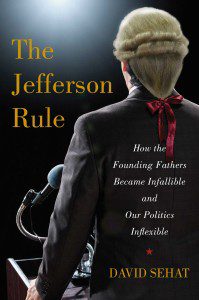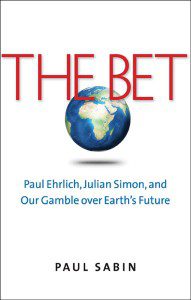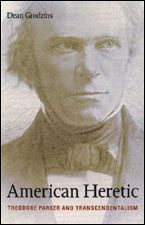My most personal connection to Egypt is spending a few days in Cairo and the Sinai Peninsula during my junior year of college. We spent six weeks on an unforgettable travel study through Egypt, Jordan, Israel, and Italy. But we started our journey in Cairo, and I will confess that — as amazing as the rest of the trip was — it was all downhill after seeing the Pyramids on day one.
Walking in the sands of Giza, in the shadow of the only remaining of the Seven Wonders of the Ancient World, I could feel a palpable connection to a civilization and religion that flourished 2,000 years before Jesus was even born. Accordingly, each time I passed a table selling ankhs — among various other tourist paraphernalia — I kept hearing in my head a line from Sarah McLachlan’s song “Building a Mystery”: “a cross from a faith that died before Jesus came.”
As further food for thought, in the shadow of the Great Pyramid of Giza not far from the Sphinx, one of my friends remarked “We are the spiritual heirs of these people’s slaves.”
Following the reactions to the protests in recent days, the primary question I have asked myself is if we believe our own rhetoric about government of the people, by the people, and for the people. In particular, it is worth your time to review the words of the speech our President — with the remarkable name Barack Hussein Obama — delivered in June 2009 at Cairo University titled “A New Beginning.” The following are two of the most salient parts:
I have an unyielding belief that all people yearn for certain things: the ability to speak your mind and have a say in how you are governed; confidence in the rule of law and the equal administration of justice; government that is transparent and doesn’t steal from the people; the freedom to live as you choose. These are not just American ideas; they are human rights. And that is why we will support them everywhere….
Government of the people and by the people sets a single standard for all who would hold power: You must maintain your power through consent, not coercion; you must respect the rights of minorities, and participate with a spirit of tolerance and compromise.
If we believe in democracy more than colonialism and personal responsibility more than paternalism, then I am convinced that we must take the risk of allowing the people of Egypt to try and assume the mantle of self-government. As New York Times columnist Roger Cohen has written the long-term results could be transformative:
For too long, the Israeli-Palestinian conflict has been the great diversion, exploited by feckless Arab autocrats to distract impoverished populations. None of these Arab leaders ever bothered to visit the West Bank. That did not stop them embracing the justice of the Palestinian cause even as they trampled on justice at home. Now, Arabs are thinking about their own injustices. With great courage, they are saying “Enough!” The big shift is in the captive Arab mind. It is an immense journey from a culture of victimhood to one of self-empowerment, from a culture of conspiracy to one of construction. It is a long road from rage to responsibility, from humiliation to action.
In the midst of chaos, the reports of volunteers taking responsibility for “traffic, cleanup, protection and emergency response” give me hope. As one volunteer said, “We don’t have a leader. This is our country, and we all have to protect it.” Another volunteer said, “We want to show the world that we can take care of our country, and we are doing it without the government or police.” The acts of prayer in the street also encourage me that the protests continue to have the promise of peace and nonviolence.
For anyone looking for an eloquent response to the Christian Right’s fears of Islamic radicalism, I refer you to Interfaith activist Eboo Patel’s writings:
For decades the United States has swallowed Mubarak’s lie that his anti-democratic policies are necessary, that even the slightest weakening of his oppressive, authoritarian regime would result in the immediate takeover by radical Islamists bent on turning into another Afghanistan under the Taliban. The United Nations has dubbed this specious and absurd argument a “legitimacy of blackmail.” Now, the same lie is being peddled to Americans by people like Mike Huckabee and Rick Santorum, two men whose views on the role of religion and politics are almost identical to those of the Muslim Brotherhood.
History shows us time and again that the world is far too complicated and messy for anyone to accurately predict the future. But we will never have a free, responsible, and independent Egypt if we do not take the risk of trusting the Egyptians to be free. If we are ever to live in a world with more democracy and freedom, we can only reach that goal through the means of democracy and freedom.












